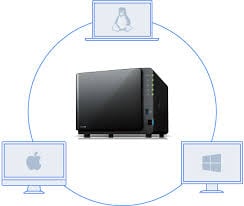this post was submitted on 28 Nov 2023
94 points (96.1% liked)
Linux
48413 readers
1206 users here now
From Wikipedia, the free encyclopedia
Linux is a family of open source Unix-like operating systems based on the Linux kernel, an operating system kernel first released on September 17, 1991 by Linus Torvalds. Linux is typically packaged in a Linux distribution (or distro for short).
Distributions include the Linux kernel and supporting system software and libraries, many of which are provided by the GNU Project. Many Linux distributions use the word "Linux" in their name, but the Free Software Foundation uses the name GNU/Linux to emphasize the importance of GNU software, causing some controversy.
Rules
- Posts must be relevant to operating systems running the Linux kernel. GNU/Linux or otherwise.
- No misinformation
- No NSFW content
- No hate speech, bigotry, etc
Related Communities
Community icon by Alpár-Etele Méder, licensed under CC BY 3.0
founded 5 years ago
MODERATORS
you are viewing a single comment's thread
view the rest of the comments
view the rest of the comments

I've found that NFS gives me the best performance and the least issues. For my use cases, single user where throughput is more important than latency, it's indistinguishable from a local disk. It basically goes as fast as my gigabit NIC allows, which is more or less the maximum throughput of the hard disks as well.
A benefit of NFS over SMB is that you can just use Unix ownerships and permissions. I do make sure to synchronize UIDs and GIDs across my devices because I could never get idmapping to work with my NAS.
idmap only works with Kerberos auth, but iirc I didn't have to set anything up specifically for it. Though I've also never really had to test it since my UIDs match coincidentally, I just tested with the nfsidmap command.